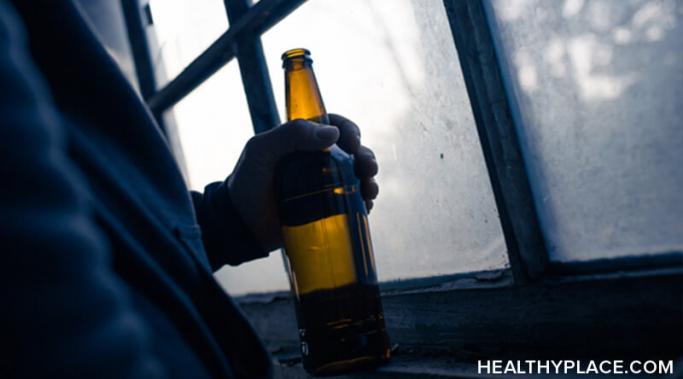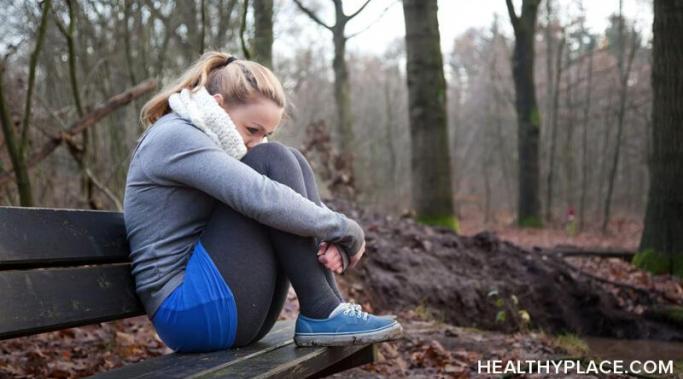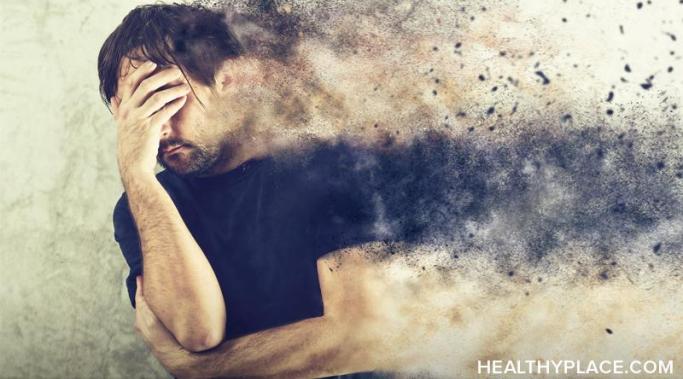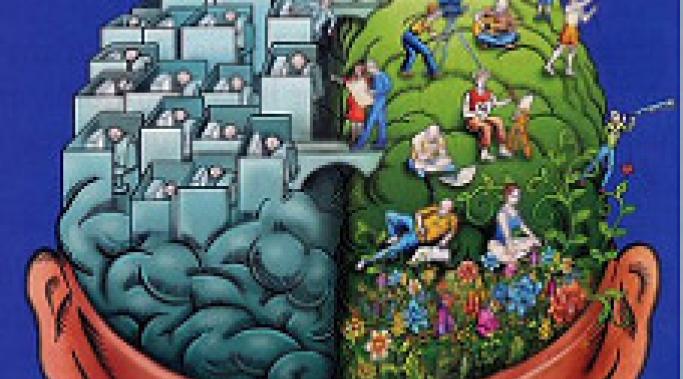I left the UK to undergo alcohol treatment in South Africa, so it was inevitable that this would alter my perspective somewhat. However, after spending more time in this new environment, several striking realizations about the UK's negative relationship were crystal clear. After talking to numerous people from the same country and background, there was a common thread of early exposure to alcohol having long-lasting consequences. In short, I learned that teenage drinking can lead to addiction.
Addiction Causes
According to Dr. Gabor Mate, underneath all addictive behaviors lies a deep, unresolved trauma wound.[1] One thing that helped me start releasing the shame I carry for struggling with addiction was learning about the two types of trauma: "big T" and "little t" trauma. Big T trauma is related to an acute, severe event like sexual assault or going to war. While little t trauma accumulates over time in response to things like active shooter drills or a childhood steeped in diet culture.[2] These two types of trauma are important to understand.
If you're anything like me, family might be a touchy subject for you or possibly even an addiction trigger depending on your family's level of dysfunction. Childhood trauma, emotional gaslighting, and psychological abuse are all possible factors when determining a family's dysfunctional nature. For some individuals who endure these experiences as an adolescent, it can possibly lead to a life of addiction, mental health concerns, or for some a life of crime and incarceration. In my experience, the difficulties I have faced with my dysfunctional family certainly impacted the probability of my addiction and mental health diagnosis; and even many years later, I've learned that my family can be a huge trigger for me.
To my knowledge, generational addiction has impacted both sides of my family for at least four generations. Specifically, alcoholism and its devastating effects have weighed heavily on three of my four grandparents.
In recent years a bold movement has come out against the porn industry; this might sound like a win for recovering porn addicts like myself, but that isn't always the case.
Maintaining control in the crisis of COVID-19 feels nearly impossible for most, especially recovering addicts. How can recovering addicts regain control and composure, even in the small things, as we face this crisis one day at a time?
After achieving sobriety from my addiction, processing the trauma took countless hours in therapy sessions. Over time, I began to see so many clear connections between my trauma and my addiction. For years I dissociated from many of my difficult memories and experiences and often I was able to numb out using various addictive behaviors or substances, like sex, food, and, occasionally, alcohol. These methods worked for a time, but eventually, nothing was strong enough to silence the chaos that lived inside of me.
Some teetotalers abstain from alcohol because the have a family history of alcoholism. Gillian Jacobs, Hal Sparks, and Joe Biden are a few famous names that attribute their sobriety to teetotaling because of a family history of alcoholism.
Whether alcohol addiction is innate or a learned condition, it is stigmatized as affecting only "bad" people (The Stigma of Addiction). In reality, substance abuse and alcohol addiction is pervasive, affecting people of all ages, races, genders, and socioeconomic stature. How is this possible? Some believe the condition of alcohol addiction exists from birth whereas others disagree, feeling that it is developed over time. Personally, I know that I was an alcoholic long before I ever took my first drink (take the Alcoholism Test). I know where I fall in the big debate over alcohol addiction as an innate vs. a learned condition.
Despite its health risks, hookah smoking is growing in popularity across the United States and many other countries (Treatment For Nicotine Addiction). Hookah smokers, and the general public, often believe that the practice is virtually harmless, but both the Center for Disease Control (CDC) and the Mayo Clinic state that hookah smoking has several health risks and is not safer than cigarette smoking.









